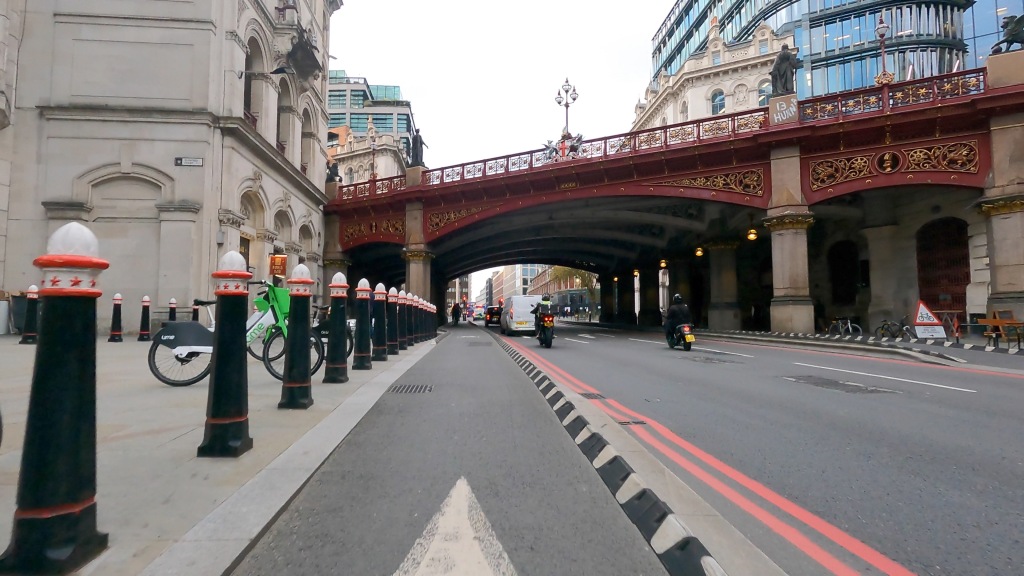
I love my Brompton Electric bike, as I explained in this blogpost in 2019. So I was delighted to receive as a birthday present The Brompton, a book by Brompton Bicycle chief executive Will Butler-Adams and journalist Dan Davies.
It’s not a typical book about bikes. It’s part history of Britain’s best-loved folding bike, part business biography and part call to arms in the battle for the future of our cities. Butler-Adams is an eloquent advocate for the role of the bike in transforming lives – but more of that later.
Brompton’s progress
Butler-Adams is brutally open about the challenges of growing the Brompton business, and his relationship with the brilliant designer of the iconic bike, Andrew Ritchie. Will joined the company as a ‘young designer and dogsbody’, but after becoming CEO insisted that the founder stepped back from operational control. Ritchie found this painful – sometimes he’d only find out about his successor’s plans during a board meeting. Butler-Adams also felt the pressure, comparing it with the ordeal of an embattled leader facing prime minister’s questions.
I was intrigued to read about Brompton’s move to take its distribution network in-house, after years of working with distributors. Will poignantly describes the warm relationship the bike brand had with many of its former distributors, especially Simon Koorn of Fiets a Parts in the Netherlands. At one time Bromptons were sold with completely different names in the Benelux countries, such as Brompton-Ralph and Potter-Brompton. But as the world went online, people compared prices and specs between countries, and Adams-Butler concluded that the old ways would have to change. So Brompton bought out its distribution partners, a process he says was neither easy nor pleasant. He describes breaking the news to Simon Koom as one of the most agonising and emotional meetings he’s ever held.
This is just one example of the way that Adams-Butler took a far sighted, strategic approach to growing Brompton from a small scale manufacturer of a fairly niche bike to a business that can genuinely have an impact on how people move around our cities (and beyond). Leadership isn’t easy, and few companies thrive if leaders put off difficult decisions. Will recognised that Brompton had to increase dramatically the number of bikes Brompton can produce to meet actual and future demand.
Continue reading